May 20, 2024
Meaningful learning: its characteristics and benefits
In recent years, meaningful learning has become one of the most effective and highly valued methodologies in education, specially in primary and secondary education. It is an approach that facilitates the acquisition of knowledge and, at the same time, promotes a deeper and more practical understanding of what has been learned in different areas of knowledge.
In contrast to mechanical or rote learning, which often leads to forgetting after a short period of time, meaningful learning focuses primarily on the integration of new information with the learner’s prior knowledge.
This makes learning more relevant and enables students to build a more coherent and lasting conceptual framework. Additionally, by actively involving the learner, curiosity and interest are stimulated which results in a more effective and enriching learning experience.
But what does this methodology actually involve? Read on to discover what meaningful learning is. We will discuss its characteristics and benefits, and also provide some examples that will help you to fully understand it.
What is meaningful learning?
Meaningful learning is a concept developed by psychologist David Ausubel in the 1960s. According to Ausubel, learning is considered meaningful when new information is connected in a non-arbitrary and substantial way with what the learner already knows.
This means that the learner not only memorises data, but also integrates and relates it to their prior knowledge, facilitating a deeper understanding that is applicable to different contexts.
In this way, the learner becomes the protagonist of their own learning process, interacting with the information, questioning it and relating it to their own frame of reference. This contrasts with mechanical learning where the learner merely memorises concepts without understanding their relevance or practical application.
Characteristics of meaningful learning
Meaningful learning exhibits certain characteristics that make it particularly effective in the educational process:
Integration with prior knowledge
One of the most important characteristics of meaningful learning is the connection of new information with prior knowledge. This makes learning more relevant and easier to understand, as learners can relate what is new to what they already know. For example, when teaching advanced mathematical concepts, it is essential that students have a solid foundation in basic operations.
Active student participation
Meaningful learning requires students to actively participate in their learning process. Rather than receiving information in a passive role, they also analyse, discuss and apply it. In this regard, interactive activities such as debates, research projects and group work are very effective tools for this.
Contextualising knowledge
Contextualising knowledge is when concepts and skills are taught in a context that students are already familiar with. For example, teaching natural sciences through practical experiments rather than just the theoretical subject matter can help them to better understand the concepts.
Intrinsic motivation
Meaningful learning promotes motivation, that is, the desire to learn for personal interest and satisfaction. When the learner sees the usefulness and purpose of what they are learning, their ability to retain and transmit knowledge is greatly improved.
Benefits of meaningful learning
Meaningful learning provides significant benefits in a number of areas:
-
Improved knowledge retention
One of the most notable benefits of meaningful learning is improved knowledge retention. By relating new information to prior knowledge, students are able to recall and apply what they have learned more easily.
-
Facilitates the transfer of learning
By understanding the underlying principles and relationships between different concepts, students can apply their knowledge in different contexts. This is essential for solving complex problems in real life.
-
Promotes critical thinking and creativity
Promoting a meaningful learning environment helps develop critical thinking skills and creativity. This methodology encourages learners to question, analyse and synthesise information, enabling them to approach problems from different perspectives and to look for innovative solutions.
-
Increases motivation and engagement
By seeing the practical usefulness of what they are learning, students are more inclined to actively participate in the educational process, improving their academic performance and their level of personal satisfaction.
Examples of meaningful learning
To illustrate how meaningful learning can be applied, the following examples will help you understand how it can be extrapolated to different contexts and areas of knowledge.
Natural sciences: practical experiments
In the field of natural sciences, practical experiments are a fantastic example of meaningful learning. Instead of simply teaching the laws of physics in a theoretical way, students can participate in experiments where they observe and analyse different physical phenomena in action. Thus, besides gaining a better understanding of the concepts, they can also see how scientific theories are applied in practice.
History: analysis of primary sources
When teaching history, students can research historical documents, letters, diaries and other original materials to gain a better understanding of historical events and contexts. This connects new concepts with knowledge already learned and develops a deeper and more critical view of history.
Mathematics: solving real problems
Instead of solving abstract problems without context, students can work on mathematical problems that have relevance to everyday life, such as calculating a project budget or analysing statistical data from an investigation
Technology: developing collaborative projects
In the area of technology, students can work in teams to design and build an application or website that solves a real problem. This allows them to apply their technical knowledge and encourages the development of teamwork, communication and problem-solving skills.
Ultimately, meaningful learning not only improves the academic performance of students, but it also prepares them to face real challenges in a more effective and creative way, offering a richer and more satisfying learning experience.
